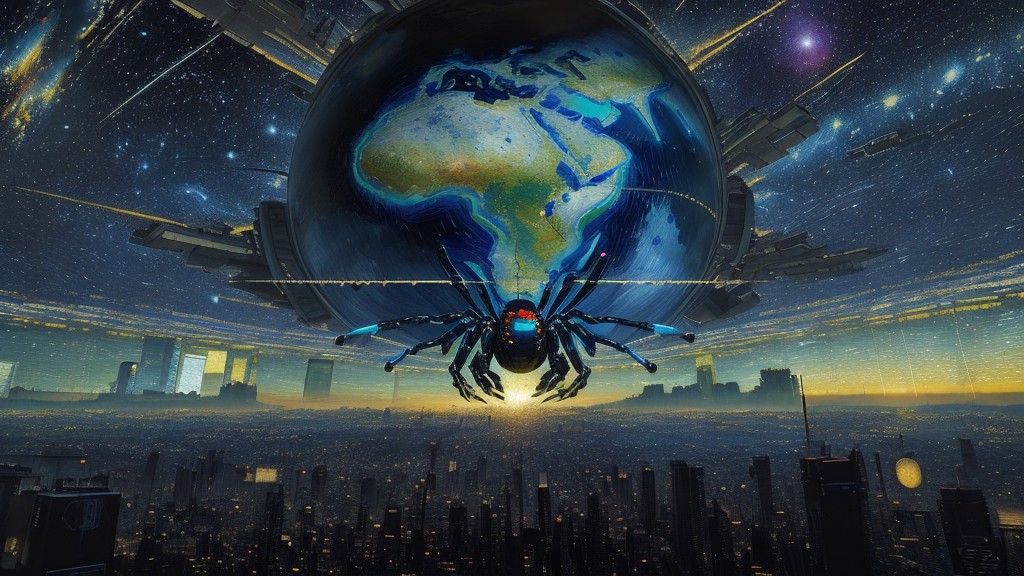
OpenAI’s GPTBot: The Right Step Towards Ethical AI?
OpenAI’s unveiling of GPTBot seems to be striking a chord with not just tech enthusiasts, but also advocates of privacy and digital rights. In the fast-paced domain of AI and machine learning, where data is paramount, striking a balance between gathering insights and respecting digital boundaries is challenging.
Key Highlights:
- Ethical Data Collection: By steering clear of paywalled content, personal data, and contentious sources, OpenAI is ensuring that GPTBot operates within ethical confines. This move ensures that AI models are trained without intruding upon paid content or private data.
- Empowering Site Owners: Offering site owners the choice to block GPTBot is an acknowledgment of their digital autonomy. It’s not just about training AI; it’s about doing it right!
- Transparency: The open documentation regarding GPTBot and its operations reflects OpenAI’s dedication to transparency. Given the pervasive ‘black box’ criticisms of AI, such initiatives could set the right precedent for other tech giants.
- Emphasis on Ethical AI: OpenAI’s decision to roll out GPTBot is a testament to its larger vision of combining cutting-edge AI with ethical considerations. It recognizes the importance of responsible AI development, especially as AI becomes deeply embedded in our everyday lives.
Points to Ponder:
- While GPTBot respects paywalls, it brings forth the broader debate on what constitutes ‘public content’. How do we define the boundaries of content that can be ethically scraped?
- How will other major players in the AI realm respond? Could this set off a chain reaction of similar ethical web crawlers?
- How will this move impact OpenAI’s relationship with website owners and the digital community at large?
In sum, the launch of GPTBot is more than just a technical update; it’s a statement on OpenAI’s vision for the future of AI – one that is built on trust, transparency, and respect.
Techies, digital rights activists, and curious minds – your perspective matters! Do you see this as a watershed moment in AI development or just another drop in the digital ocean? Let’s engage in a constructive dialogue here!
